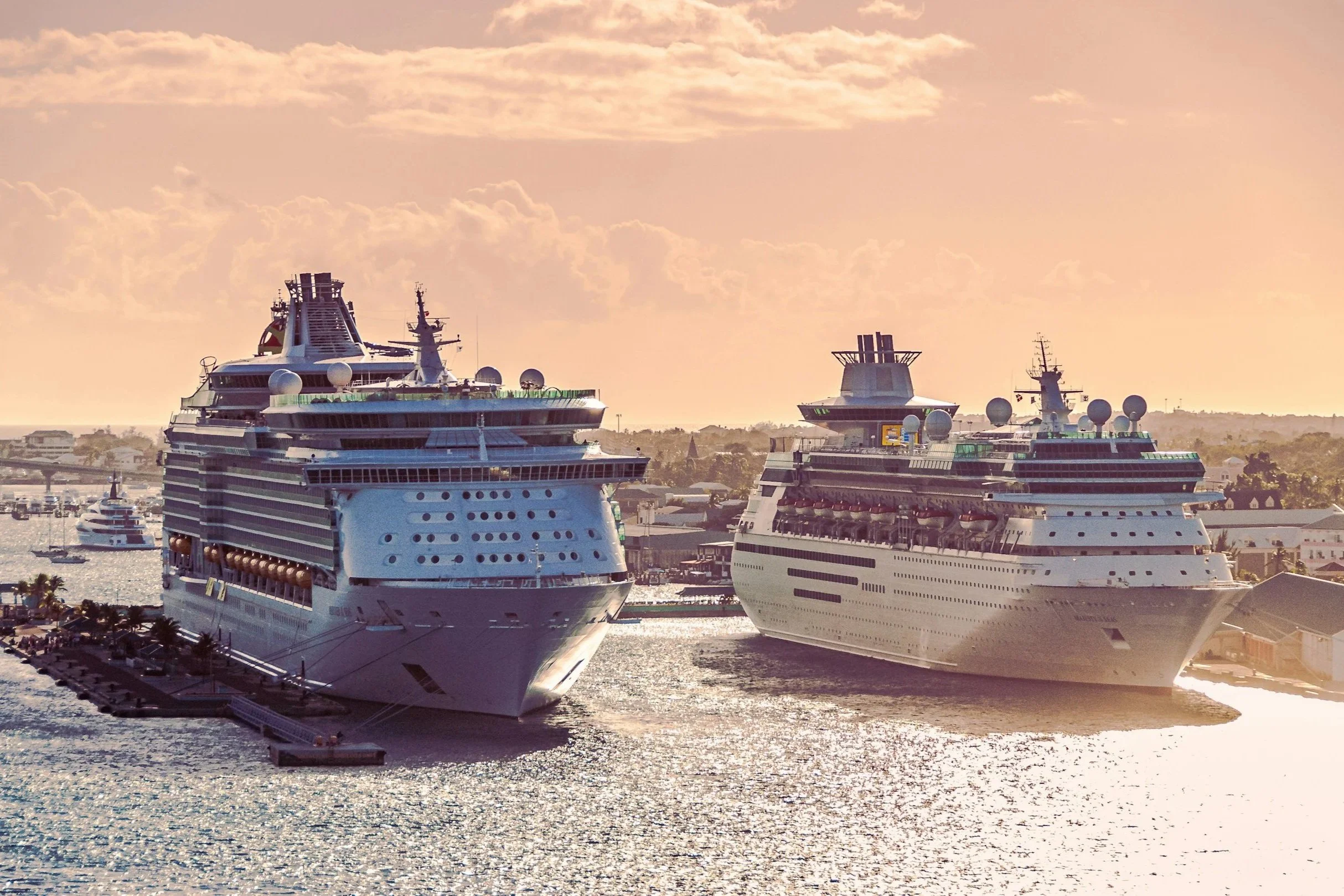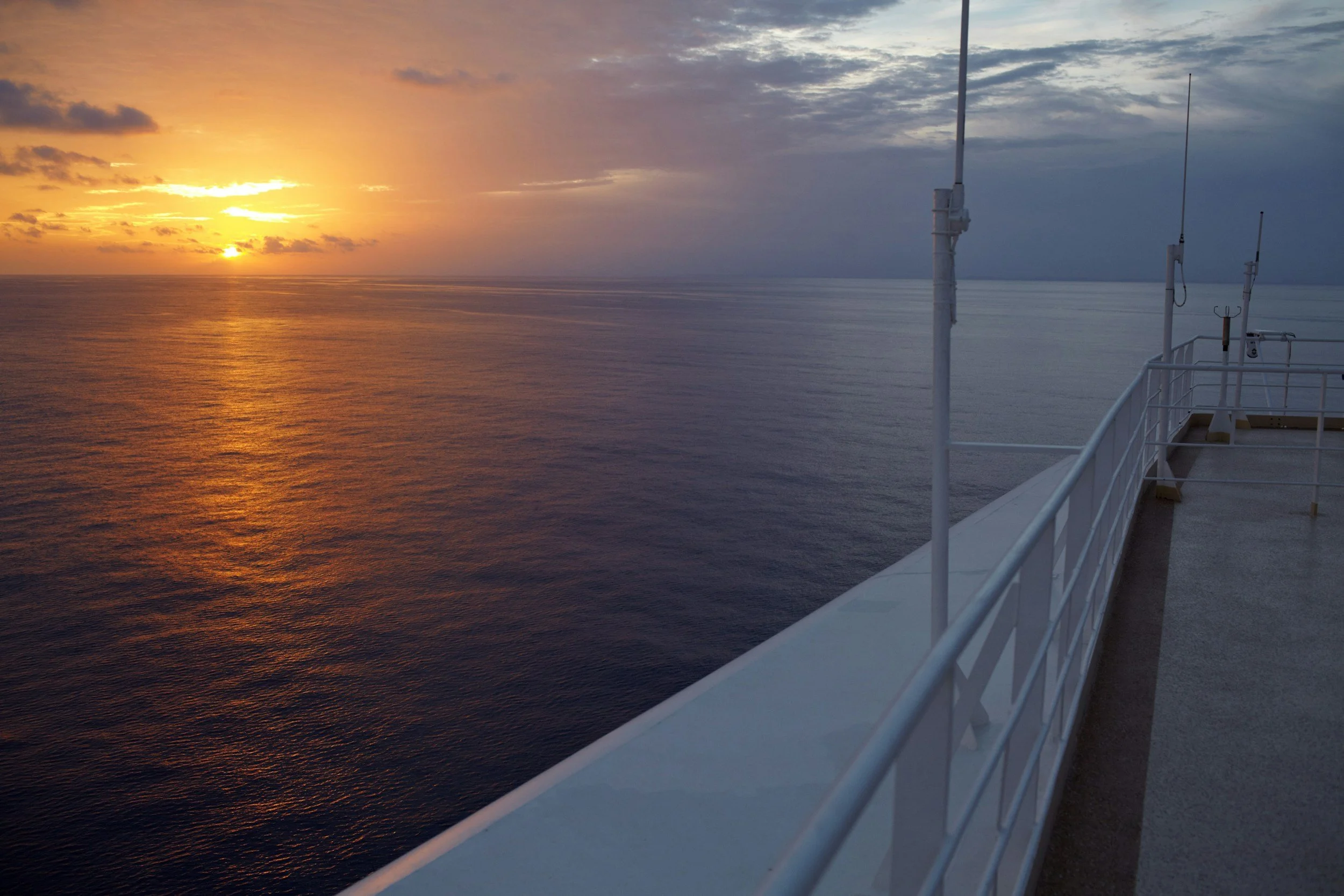Why Do Cruise Ships Hire Crew from So Many Countries?
I remember the first time I stepped onto a cruise ship. It wasn’t the grandeur of the ship itself that struck me – though, to be honest, it was pretty impressive – it was the people.
Everywhere I looked, there were faces from places I’d only ever seen on a map. A bartender from the Philippines, a housekeeper from Nepal, a manager from Australia, and a cook from Indonesia. It felt like the United Nations, but with more cocktails and fewer suits.
And then it hit me: Why are cruise ships staffed by people of so many nationalities?
It’s not just a random mix. There’s a reason behind it. A big one. And it’s not just about filling jobs. It’s about economics, culture, and a whole lot of logistics.
Why Do Cruise Lines Hire People from So Many Countries?
The Money Factor
Let’s start with the obvious: money. Cruise lines are businesses, and businesses like to save money where they can. Labour costs vary a lot around the world.
Hiring someone from a country where wages are lower can save a cruise line a tonne of cash.
But it’s not just about paying less. It’s also about getting the best value. A cruise ship needs a lot of different skills – cooking, cleaning, entertaining, customer service.
By hiring globally, cruise lines can find the best people for each job, no matter where they’re from.
The Culture Factor
Cruise ships are floating cities, and they need to cater to passengers from all over the world. Having a diverse crew means there’s always someone who speaks the language, understands the customs, or knows how to make the perfect cup of tea for a British passenger.
It’s not just about making passengers feel at home, though. A diverse crew also brings a wealth of cultural knowledge and creativity. That’s why the food on cruise ships is so good – it’s a mix of flavours and techniques from all over the world.
The Logistics Factor
Running a cruise ship is a 24/7 operation. There’s no downtime. That means you need a lot of people working around the clock.
By recruiting workers from all over the world, cruise lines can tap into a much larger pool of talent and ensure they always have enough staff to cover every shift.
Plus, many cruise lines work with recruitment agencies that specialise in finding workers in specific regions. These agencies handle everything from visas to training, making it easier for cruise lines to hire globally.
Why Are So Many Cruise Ship Workers from Asia?
If you’ve ever been on a cruise, you’ve probably noticed that a lot of the crew members are from Asian countries like the Philippines, India, and Indonesia. Why is that?
The Historical Angle
Some Asian countries, like the Philippines, India, and Indonesia, have long histories of seafaring and maritime trade. These places are surrounded by water and have been hubs for trade and travel for centuries.
Today, working on ships is a well-established and respected career path in these countries.
The Economic Angle
Again, money is a big factor. In many Asian countries, wages are lower than in places like the US or Europe.
Working on a cruise ship can be a way to earn a higher income and send money back home to support families. In fact, many crew members rely on these jobs to send money home, which is a lifeline for their loved ones.
Why Do Wages Vary Across Nationalities?
At first glance, it might seem puzzling that crew members of different nationalities earn different wages for the same job. For example, a Filipino crew might earn less than a British crew for performing similar roles.
But the reasons behind this wage disparity are more nuanced than they appear.
Wages on cruise ships aren’t just about the job itself. They’re also tied to the economic realities and cost of living in the countries where crew members come from.
Let’s break it down:
In the Philippines, the minimum wage is around $10-$12 per day. For a Filipino crew earning $1,500 a month on a cruise ship, that’s a significant improvement – enough to support a family, pay for education, or save for the future.
In the UK, the minimum wage is around £11.44 per hour (about $14). For a British crew, earning $1,500 a month would be far below the living wage, which is closer to £2,500-£3,000 per month in many parts of the country.
If cruise lines were to pay everyone the same wage, regardless of nationality, it could have complex economic implications.
Here’s why:
Local wage standards: In countries like the Philippines, the average monthly wage for service workers is around $300-$400. If a Filipino crew member were to earn $3,000 a month (comparable to a Western wage), they would be earning 10 times more than their peers. This could create a stark divide between those working on cruise ships and those working in local industries.
Inflation risks: A sudden influx of higher wages could drive up prices for goods and services in local communities, as businesses might raise prices to match the increased spending power of cruise ship workers. This could make life harder for those who aren’t part of the global workforce.
Social tensions: Such disparities could also lead to social tensions, as those earning lower wages might feel left behind or resentful of their higher-earning peers.
Of course, these are just thoughts from an average person trying to make sense of a complicated issue. Economies are messy, and there’s no one-size-fits-all answer.
Why Do Westerners Often Hold Higher-Ranking Positions?
While cruise ships are celebrated for their diversity, there’s an undeniable hierarchy when it comes to roles.
Westerners – often from countries like the US, Canada, and the UK – tend to occupy higher-ranking or behind-the-scenes positions, such as officers, managers, and entertainment directors.
Meanwhile, crew members from countries like the Philippines, India, and Indonesia are more commonly found in frontline service roles.
Why is this the case?
For starters, many higher-ranking roles require specialised education or training, which is more accessible in Western countries.
A marine officer, for example, might need a maritime degree from a recognised academy, while an entertainment director might have a background in performing arts or event management.
There’s also the issue of cultural familiarity. Cruise lines often prioritise hiring Westerners for roles that involve direct interaction with passengers, many of whom are from Western countries themselves.
A cruise director from the US might be seen as more relatable to American passengers, who make up a significant portion of the industry’s customer base.
That said, there are exceptions. Some crew members from non-Western countries do rise through the ranks, proving that with the right qualifications and experience, it’s possible to break through the glass ceiling.
The Cultural Angle
There’s also a cultural element. Many Asian cultures place a high value on hospitality and hard work. These traits make workers from these countries a natural fit for the service-oriented world of cruise ships.
What This Says About Globalisation
Cruise ships are a microcosm of globalisation. They bring together people from all over the world, working side by side to create something amazing.
But it’s not just about the ships. It’s about what they represent: a world that’s more connected than ever.
So, why are cruise ships staffed by people of so many nationalities? It’s a mix of economics, culture, and logistics. But it’s also about something bigger: the beauty of diversity and the power of collaboration.
Next time you’re on a cruise, take a moment to appreciate the incredible mix of people who make it all possible.
Bonus: Fun Facts About Cruise Ship Crews
The most common nationalities found on cruise ships are from the Philippines, India, and Indonesia.
Some crew members have been working on cruise ships for over 20 years.
On a single ship, you might hear over 30 different languages spoken.
What do you think? Have you ever been on a cruise and noticed the diversity of the crew?
You might also like:











